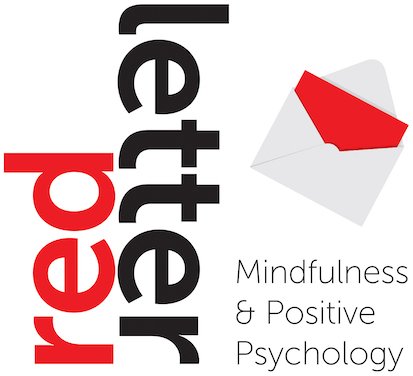Thank You RNZ
Sunday mornings have a way of offering us quiet opportunities to pause and reflect. For me, it’s often a time to slow down, sip a coffee, and tune into the radio. One of my favourite stations is Radio New Zealand (RNZ)—the journalism is top-notch, and I always walk away learning something significant.
Last Sunday, I had the privilege of hearing an inspiring interview with Dr Julia Rucklidge, a professor of psychology and clinical psychology at the University of Canterbury, and the Director of Tu Puna Toiora, the Mental Health and Nutrition Lab. Dr Rucklidge’s research is at the forefront of a topic that has been growing in importance: the link between nutrition and mental health. What struck me most during the interview wasn’t just the data she shared (which was incredibly positive) but the genuine passion she has for the work. Her energy was uplifting, and it ignited a familiar belief for me about how nutrition can play a foundational role in improving mental health.
The Power of Nutrition in Mental Health
While I’m no expert on nutrition, I’ve always believed in the power of food to support overall well-being. I’m also not one to dismiss the importance of pharmaceuticals when needed, but I do think that addressing nutrition is an essential, often overlooked, element in how we approach mental health care.
This belief in nutrition’s potential wasn’t new to me. It was inspired years ago by the work of Dr Dan Siegel, whose research on brain development and mental health led me to incorporate specific nutrient-dense practices into my son’s daily routine. One of the most effective tools I used was a brain-boosting smoothie recipe that combined powerful nutrients to support his cognitive and emotional health over a period of ten years.
Hearing Rucklidge speak about her work felt like a validation of the approach I had intuitively embraced as a mother. Her research supports the idea that high doses of essential nutrients stabilize the nervous system and support mental health. It's not rocket science, but rather, health science at its core. Specific in her interests where those who experienced depression, ADHD, and anti/post-natal depression. Her research outcomes where astounding. I’m certainly interested to follow her work closely from hereon in, and highly recommend you take a look at what Rucklidge has to offer around ways to keep nutrients at the foreground of mental health regimes. (Aren’t we a lucky wee nation to have such bright minds researching these topics - right here in good old Canterbury!)
If you’re interested in the brain-boosting smoothie recipe feel free to reach out to me at redletter@glenda.com.
Let’s nurture our minds, nourish our bodies, and experience more RedLetter days along the way.
RedLetter days are those moments when we truly experience thriving. I hope this day is one such days, for you.
